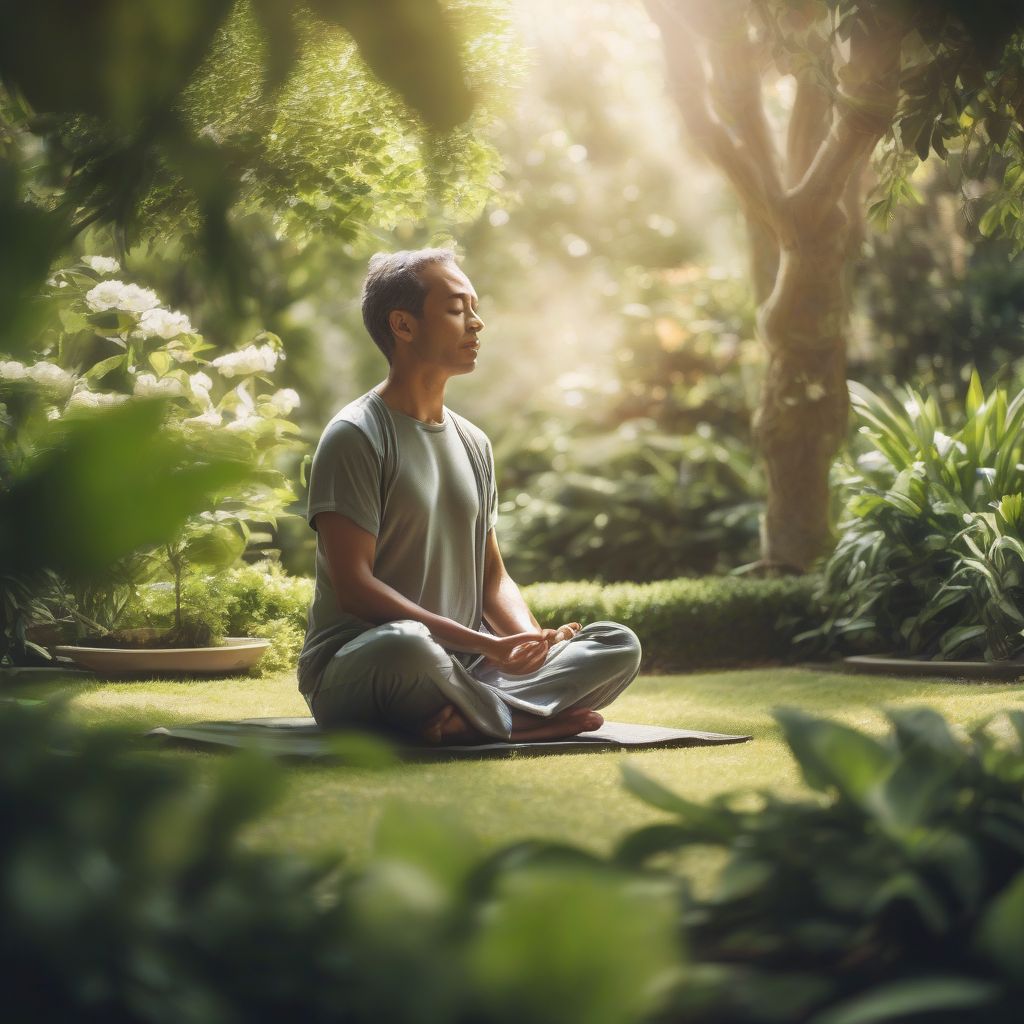Have you ever felt like you’re on autopilot, rushing through life without truly experiencing it? Like you’re constantly chasing the next goal, but never quite feeling satisfied when you reach it? If so, you’re not alone. Many of us struggle to connect with ourselves and find inner peace in today’s fast-paced world. But what if there was a simple yet powerful practice that could help us cultivate greater self-awareness, emotional regulation, and a deeper sense of purpose? Enter mindfulness. This ancient practice has gained significant traction in recent years, and for good reason. It offers a pathway to personal growth unlike any other. In this article, we’ll explore the profound impact of mindfulness on personal growth, examining its benefits, practical applications, and how you can integrate it into your daily life.
Understanding Mindfulness and its Core Principles
Mindfulness, at its essence, is the practice of paying attention to the present moment without judgment. It involves observing your thoughts, feelings, and sensations as they arise, without getting carried away by them. This non-reactive awareness allows you to create space between yourself and your experiences, fostering a sense of clarity and perspective. Key principles of mindfulness include:
Present Moment Awareness: Focusing on the here and now, rather than dwelling on the past or worrying about the future.
Non-Judgmental Observation: Accepting your thoughts and feelings without criticism or analysis.
Acceptance: Embracing the present moment as it is, without trying to change it.
Beginner’s Mind: Approaching each experience with curiosity and openness, as if it were the first time.
How Mindfulness Fuels Personal Growth
Mindfulness acts as a catalyst for personal growth by impacting several key areas of our lives:
Enhanced Self-Awareness: By regularly observing your inner world, you gain a deeper understanding of your thoughts, emotions, and behavioral patterns. This self-awareness is the foundation for making positive changes. As the renowned psychologist Carl Jung said, “Until you make the unconscious conscious, it will direct your life and you will call it fate.”
Improved Emotional Regulation: Mindfulness equips you with the tools to manage difficult emotions. By observing your emotions without judgment, you can learn to respond to them skillfully, rather than reacting impulsively.
Increased Focus and Concentration: The practice of focusing on the present moment strengthens your ability to concentrate and stay present, leading to improved productivity and performance.
Reduced Stress and Anxiety: Studies have shown that mindfulness practices can significantly reduce stress and anxiety levels. By calming the nervous system and promoting relaxation, mindfulness helps you cope with life’s challenges more effectively.
Greater Compassion and Empathy: As you cultivate mindfulness, you develop a greater capacity for compassion, both for yourself and others. This increased empathy can strengthen relationships and foster a sense of connection.
Enhanced Resilience: Mindfulness cultivates resilience by helping you navigate difficult situations with greater equanimity. By accepting challenges as part of life, you become less likely to be overwhelmed by setbacks.
Integrating Mindfulness into Daily Life
Mindfulness isn’t confined to meditation cushions. You can incorporate it into everyday activities:
Mindful Eating: Pay attention to the taste, texture, and smell of your food, savoring each bite.
Mindful Walking: Notice the sensations in your body as you walk, the feel of your feet on the ground, and the air on your skin.
Mindful Breathing: Throughout the day, take a few moments to focus on your breath, observing the rise and fall of your chest or abdomen.
Mindful Listening: When engaging in conversations, truly listen to what the other person is saying, without interrupting or planning your response.
The Science Behind Mindfulness and Personal Growth
Numerous studies support the positive impact of mindfulness on personal growth. Research has demonstrated its effectiveness in reducing stress, improving emotional regulation, and enhancing cognitive function. For example, a study published in the Journal of Consulting and Clinical Psychology found that mindfulness-based stress reduction (MBSR) significantly reduced symptoms of anxiety and depression in participants.
 Mindfulness Meditation for Personal Growth
Mindfulness Meditation for Personal Growth
Cultivating a Mindfulness Practice
Starting a mindfulness practice doesn’t require a drastic lifestyle change. Begin with small steps:
Start Small: Even a few minutes of daily mindfulness practice can make a difference.
Be Patient: Mindfulness is a skill that develops over time. Don’t get discouraged if your mind wanders. Simply redirect your attention back to the present moment.
Find a Teacher or Guide: Consider joining a mindfulness class or working with a qualified instructor.
Explore Different Techniques: Experiment with various mindfulness practices, such as meditation, yoga, or mindful walking, to find what resonates with you.
Conclusion
Mindfulness is a powerful tool for personal growth, offering a pathway to greater self-awareness, emotional regulation, and a deeper sense of purpose. By incorporating mindfulness into your daily life, you can cultivate greater resilience, compassion, and overall well-being. It’s not a quick fix, but a journey of self-discovery that unfolds over time. Start small, be patient with yourself, and embrace the transformative power of mindfulness. We encourage you to share your experiences with mindfulness in the comments below. Have you noticed a positive impact on your personal growth? What techniques have you found most helpful? Let’s create a community of support and inspiration as we explore this powerful practice together.



